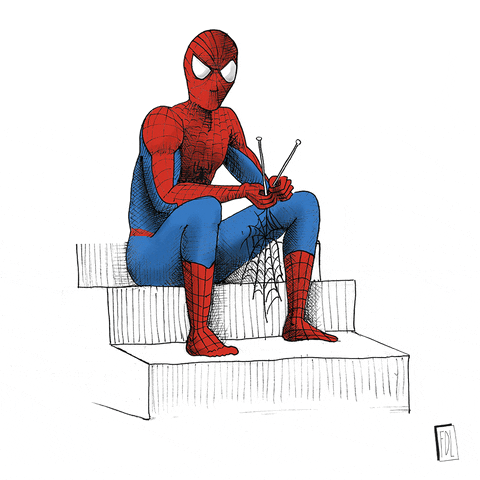Remakes have become a staple within the film industry for years and have often pleased viewers and cinema critics alike. However, this abhorrent practice by the film industry has failed nearly as much as it has succeeded.
Prominent examples include the all-female reboot of Ghostbusters, which had all the heart and promise of a decent remake. Nevertheless, the lacklustre script and direction ultimately saw the new female-led direction for the Ghostbusters franchise crash and burn.
Another example is the failed Spiderman franchise, led by British actor Andrew Garfield. This reboot saw one of the most promising actors of the 21st century take the brunt of the blame for the failed Spiderman remake. Most millennials who are not only a fan of cinema but of the Marvel Cinematic Universe can agree that three different Spiderman iterations in one lifetime is far too many.
Tobey Maguire launched the live action Spiderman universe, Andrew Garfield ran with the torch next, and now Tom Holland has taken the helm of the Spiderman franchise. Of the three, Andrew Garfield’s Spiderman proved to bring nothing to the MCU as a creative entity, only a gigantic paycheque for Marvel and its subsidiaries. Holland’s portrayal, however, gave new life to the once stale character and brought justice to the role by proving itself as a remake done right.

Another classic style of remake is bringing in a new version of a character. This generally involves films which were initially released with a white male or female lead opting to recast lead actors with people of colour. These recasting decisions may have appropriate motives at times. However, one cannot help but think that film studios are just pandering to their audience. It’s great to see LGBTQI and other minority representation in casting, but it’s disrespectful for it to be shoved down our throats – film studios should not treat ‘minority casting’ as a big deal to gain publicity.
Take note of Brooklyn Nine-Nine, Season five, episode six. Rosa coming out as bisexual was undoubtedly the most beautiful moment in the series (besides Jake and Doug Judy’s antics, perhaps). There was no huge reveal, it was a simple conversation. Some movie studios, however, seem to feel as though being a person of colour or a member of the LGBTQI community means that all marketing material to promote a movie needs to be centred around the post-modern iteration of a character. Thus, they’re effectively lampooning people of colour and the LGBTQI community in order to promote their movie. Not okay.
Remakes have worked at times, no one is denying that. Aladdin using actual people of colour in the live-action remake in 2019 was a huge win. It was a remake done right, and besides the lukewarm reviews, the film was a spectacle for young coloured people as well as women who were given a post-modern take on Princess Jasmine.

Nevertheless, the number of remakes made every year seems to increase. This has many of us asking, who even asked for these? The answer is often nobody. Film studios have been making an effort to recast all the movies from our parents’ lifetimes, and sometimes even our own lifetimes – too soon?
Simply put, they are profiting off nostalgia while adding a hint of post-modern values to their character choices by making sure every single central character is not a white guy named Chad.
Yes, these changes are great; more minority representation on our screens is incredible to see. It is 2019 after all. However, these remakes and or reboots can be problematic. Why is it that remakes of films are where Hollywood thinks there needs to be more representation? Why can’t new and innovative characters be established?
We need to stop arguing whether or not it is time to make James Bond a person of colour. Why not build a modern franchise based around a middle eastern spy? We don’t need an all-female reboot of Ghostbusters and Oceans 8. Why can’t women be given the platform to play new characters? Create new stories?
Remakes can be problematic. They are basically telling people of colour as well as the LGBTQI community that they can be the lead of a film – but only if that character is already established within pop culture. There is apparently no room to build a franchise around a new female superhero, unless they are willing to remake the Iron Man franchise, perhaps.

